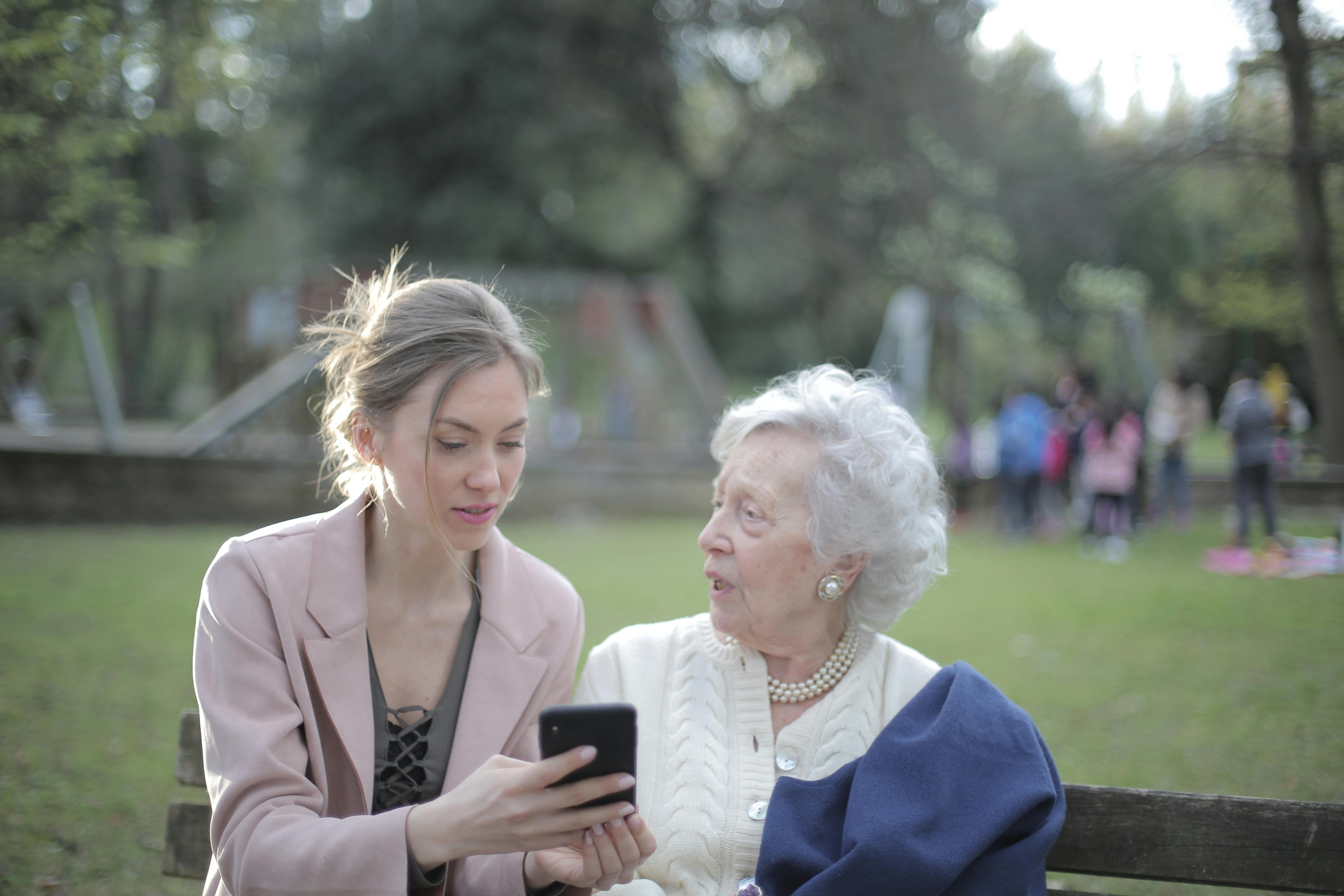
Neuro Linguistic Programming: A Great Parenting Skill to Acquire in Modern Times
admin
- 0
Parenting has been around since the dawn of mankind, but many parents still feel like they have to reinvent the wheel over and over again and rely on some mysterious instincts that they’re supposed to have. Parenting is physically challenging at first, then slowly; it becomes a mental challenge. However, it is highly desirable for parents to use child-centered, nondirective play as part of their parenting activities. This requires special parenting skills.
For many people, raising children is one of the most rewarding feelings of their lives. Parenting skill is about knowing your parenting personality. This is important because it helps you discover how her personality motivates the way she behaves as a parent and how her son’s personality interacts with hers. As times have changed, parenting has become more refined and various parenting skills and techniques are available to make the process simpler and less stressful. Below is one of the most effective and contemporary parenting skills; which can bring you complete satisfaction as a parent.
Neuro-Linguistic Programming or NLP was pioneered by Dr. John Grinder and Richard Bandler in the mid-1970s and Neuro-Linguistic Parenting (NL Parenting) is a parenting skill that takes the essence of NLP and applies it to the circumstances of breeding. First, let’s understand what NPL is. NLP is the study of how people know what they think they know and how they do what they do (as opposed to ‘why’ they do what they do). NLP processes can be used to explore beliefs. NLP explores the relationships between the way we think (Neuro), the way we communicate (Linguistics) and our behavior patterns (Programming). Our minds, bodies, emotions, beliefs, knowledge, and memories are all present and active simultaneously. NEURO is our “Nervous System” through which experience is received and processed through the five senses. LINGUISTIC is our language and non-verbal communication systems through which neural representations are encoded, ordered and given meaning. PROGRAMMING is the pattern of manifestation of our neural and communication codes.
NL Parenting is the skill of parenting with the main objective of disseminating the necessary processes and information to help parents achieve personal congruence. It is about generating options from which to choose, which is why it is the best system we have for learning to relate to children in a creative and consistent way. NLP in Parenting helps foster better communication between parents and children.
NL Parenting works faster with children and adolescents simply because their nervous system is still in the process of integrating those internal messages so they can be helped to remove and replace them faster. From an NL parenting perspective, the roles of a parent are; manipulate contexts so that children can learn or play in relative safety and model or demonstrate exceptional behavior and consistency. NL Parenting is the parenting skill that provides parents with a framework that helps their children get along with others and, in the process, make parenting an enjoyable experience.
We are often amazed at how our children change their behavior as they move from one life stage to another or even within their individual life stages. Our 11-year-old son, who depended on us for all decisions, suddenly becomes independent when he turns 13. Our baby, who was howling a few minutes ago, is now smiling and giggling. Children are experts at changing states. The first step in developing NL’s parenting skill is to understand our child’s condition. It’s like putting yourself in your child’s shoes and understanding how she thinks, her needs, what’s driving her behavior (good or bad), and what her frustrations are.
This nurturing skill can be achieved through grounding, which means associating your current state with your beliefs and environment. So, if your 3-year-old knows that throwing a tantrum will get him what he wants, he needs to understand that throwing a tantrum to get his way is the belief her son has developed. If you put yourself in their shoes, you’ll be able to point out several instances where they outplayed you just because you gave in to their tantrum. These instances were the key to the development and reinforcement of their beliefs. It is very important to remember that even though you feel that throwing a tantrum in this case is bad behavior, your child definitely sees it as something that benefits him. Therefore, there is an incongruence between your beliefs and those of your son.
Knowing your belief and understanding the physical stimulus for it is the second step in acquiring the NL parenting skill. However, anchoring is not the end of the process. By grounding yourself, you will now be able to identify the beliefs and physical stimulus that you want to change. So the goal of the first two steps is not to leave the state unchanged, but to find a way to change it that preserves some elements of its benefits. So if your child has had a chocolate tantrum, you can try to negotiate with him to complete his dinner first and then allow him to eat a chocolate, so that he gets some benefit from the situation.
The final step of NL’s parenting skill is the process of bringing about a permanent transformation in your child. Here coaching skills play a very important role. Training arises when a situation arises that shows a gap between what the environment is asking for and the skills the child lacks. Coaching skills give parents the tools to develop their relationship with their child and create opportunities for courageous conversations. Acquiring the right coaching skills is important as it helps parents identify their guiding values and standards, which lays the foundation for their parenting decisions. It helps transform your awareness of your child’s behavior, energizes your child’s successes, promotes desired behavior, and identifies and builds qualities that would not otherwise have existed. So, in the example above, through training, the parents can create a completely different external stimulus for the child, like, for example, the need for healthy teeth, and keep them away from demanding chocolates and creating tantrums for them all the time.
Finally, NL’s parenting skill does not prescribe any single parenting ideology, but instead identifies models of excellence and parenting skills and tactics that move us toward kinder, more respectful parenting. It helps you recognize his strengths, weaknesses, and beliefs as a parent and allows you to become a true guide and mentor to your child.
